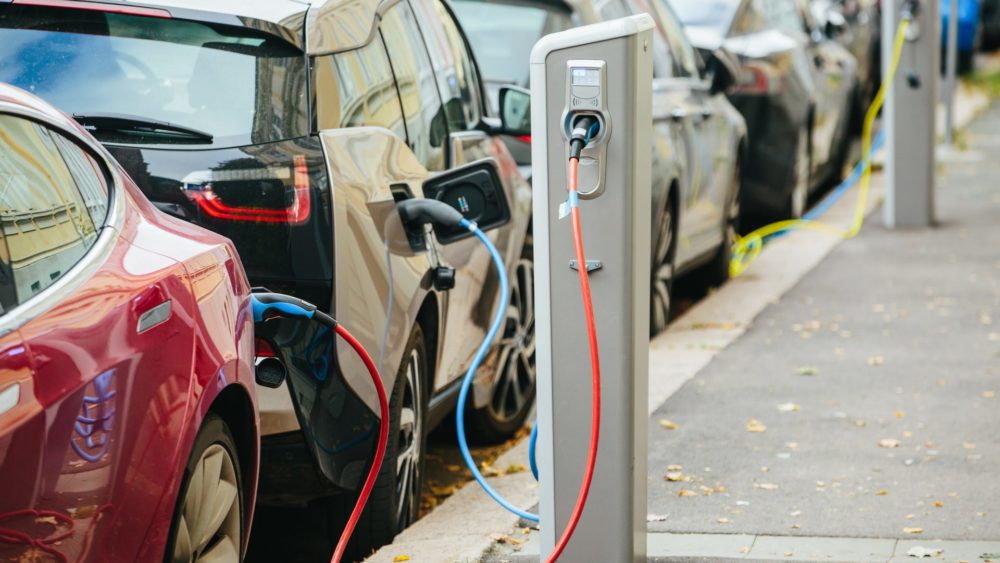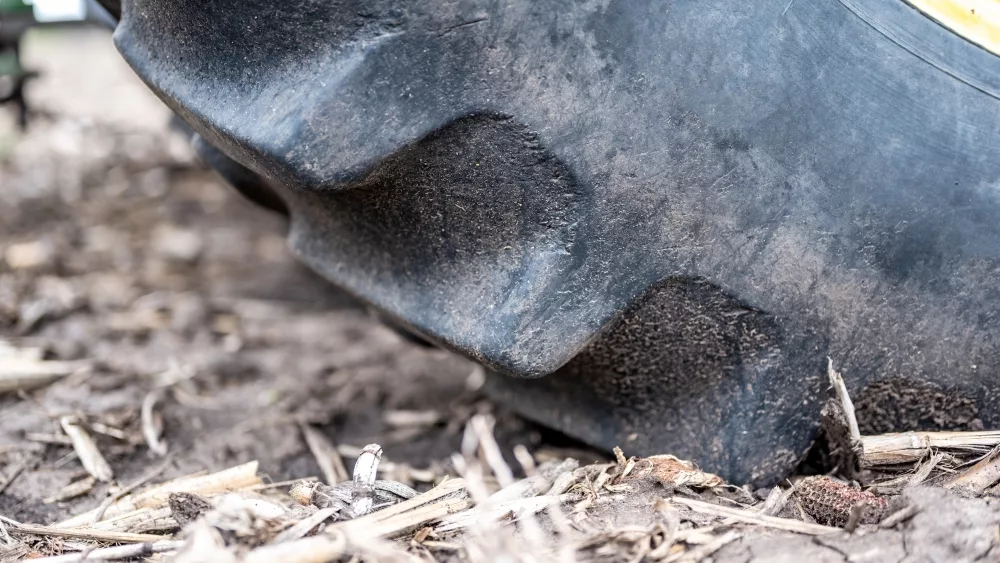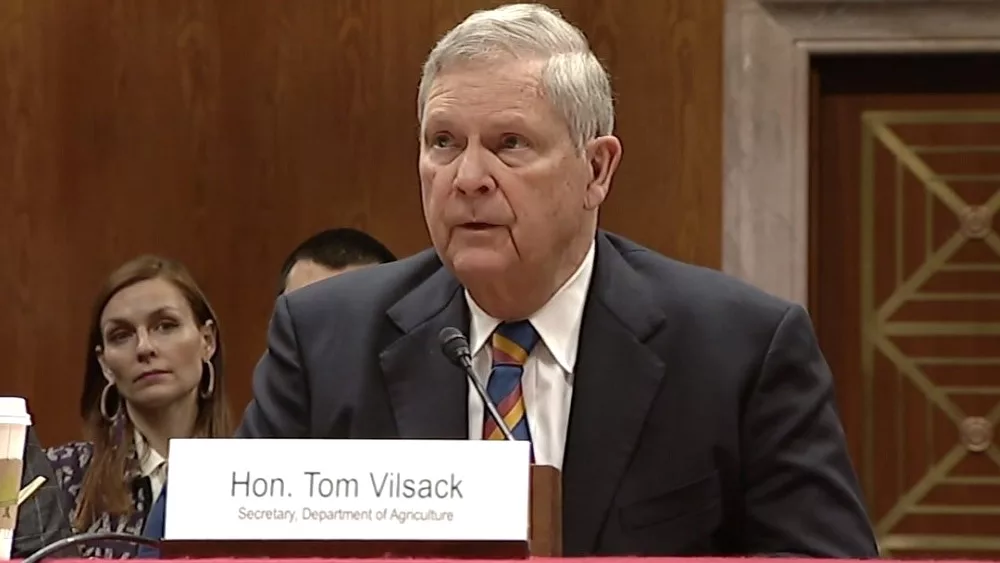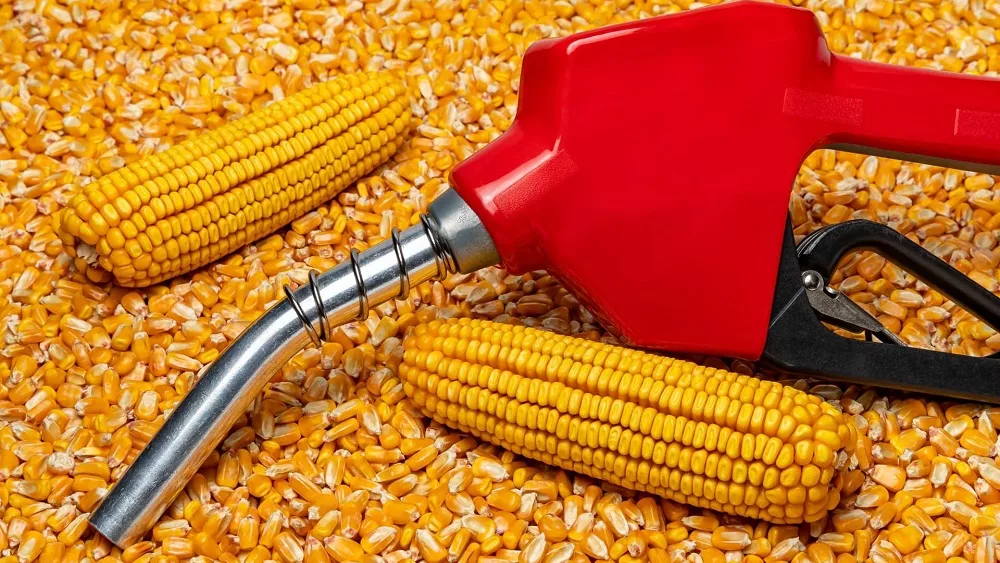The Biden EPA is proposing the toughest auto emission rules ever to accelerate the transformation of the U.S. auto industry and possibly just as swiftly curtailing ethanol use in vehicles. The proposals starting with the 2027 model year could lead to three-quarters of light-duty vehicles being electric by 2032—a major boost from what President Biden told the industry to plan for 50 percent EVs by 2030.
Renewable Fuels Association head Geoff Cooper accuses the Biden EPA of “picking winners and losers”.
“It does it through the assumption that EVs are carbon-free vehicles, and anything else, anything with an internal combustion engine, they are assuming that there’s a fair amount of tailpipe emissions coming out the tailpipe for those vehicles.”
Instead, Cooper argues for a technology-neutral, science-based approach to reducing carbon emissions.
“We know that 60 percent of the electricity produced in this country today still comes from fossil fuels—coal and natural gas. And less than 20 percent comes from renewable resources. So, yes, electric vehicles have a carbon impact, and in many cases, the carbon emissions impact of an electric vehicle is no better than what you get with an internal combustion engine.”
The Washington Post reports the proposals may backfire with the auto industry, over the time and cost to build new assembly lines, reengineer vehicles, make them affordable, and await enough charging stations.
“The grid is not ready for that, the recharging infrastructure is not anywhere close to being ready for that, and the manufacturers are not ready to produce that volume of electric vehicles. Not only that, are consumers ready? Do consumers want these vehicles?”
Cooper says RFA is asking EPA to reconsider its proposal, adding, “All we are asking for is a level playing field.”





